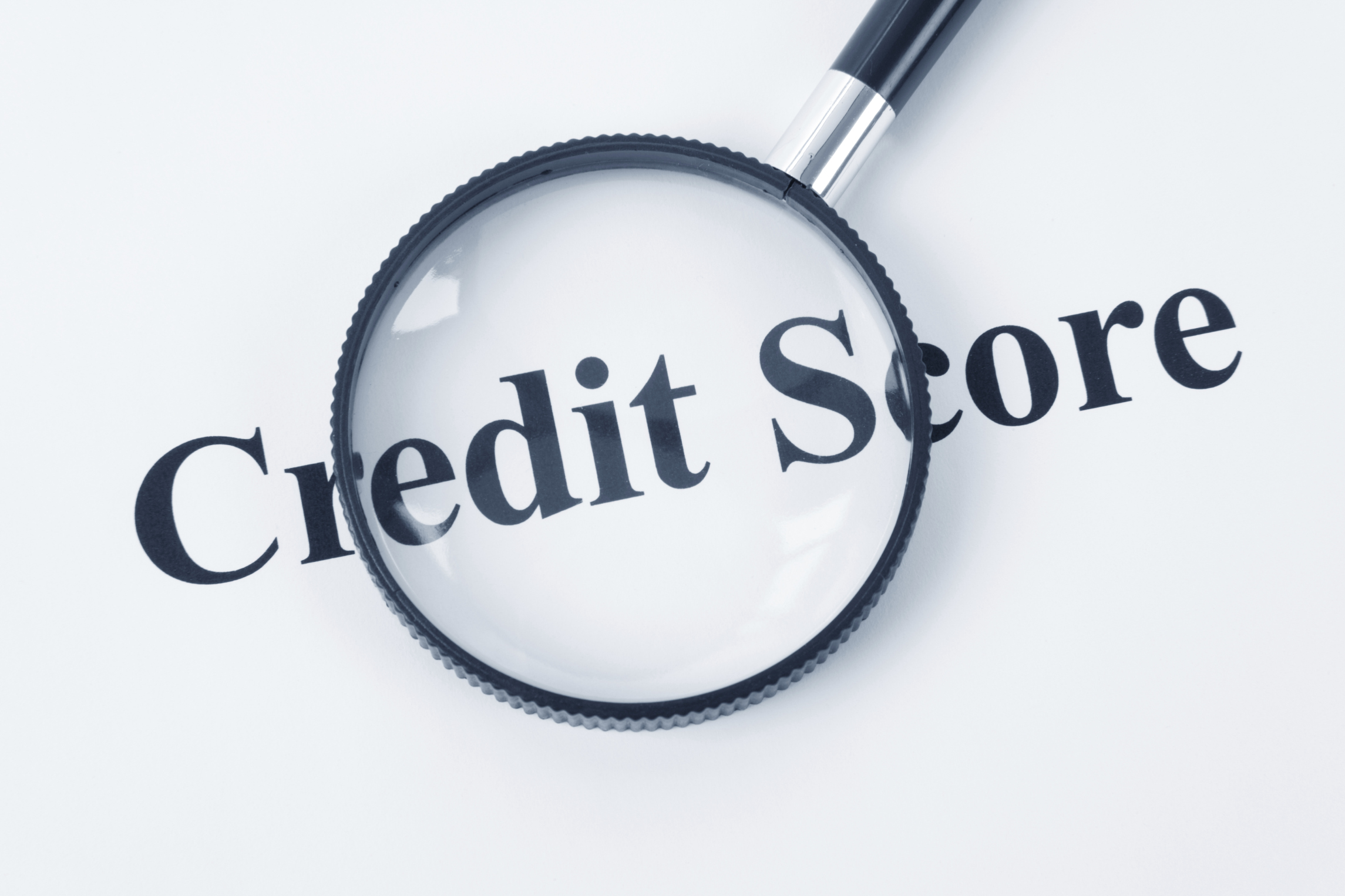
‘Credit Score’ is a term that is much-talked about in knowledgeable circles. But, put simply, what is it? Stay tuned. For what you learn here about your credit score might help you get a better rate when you apply for your loan.
Let’s begin with a case in point: Rahul Patkar wanted to know his credit score. His Chartered Accountant advised Rahul to apply to the CIBIL (Credit Information Bureau Limited) for a credit report. Rahul did. What happened next is most interesting.
Much to Rahul’s dismay, his credit score was 650, which is on the lower side and far from comforting. Rahul didn’t comprehend this result because he had never defaulted on a loan, which made Rahul wonder why he ended up with a low credit rating.
Well, the thing is, like Rahul, many of us aren’t aware of many of the things that can affect one’s credit score. Let’s get to know five of the most important ones here and now.
I did not apply for a credit score, which means I don’t have a credit score. Right.
Wrong. Credit companies collect and compile data on every individual, who holds a loan account, has a credit card or has applied for a loan. So whether you have applied for your credit score report or not, it exists and can be accessed by your lenders.
How credit card payments affect one’s credit score.
Late payments and defaults affect your credit score adversely. The more recent the default or late payment, the more adverse the impact it has on your Credit score.
Does how much credit you take affect your credit score adversely even if you clear your debts on time?
When it comes to credit score analysis, there are two things about borrowing that make a big difference – how much credit and what type of credit. Too much can adversely affect your credit score even if you pay every EMI of every loan on time. Also, unsecured loans such as personal loans or too many credit cards also hurt your credit report.
I use my credit card a lot but make all my payments on time. How does this affect my credit score?
Well, this comes down to something called Credit utilisation ratio (the percentage of credit actually used out of the total credit sanctioned), which makes a strong impact on your credit score. The closer you come to using your maximum credit limit, the lower your credit score drops. So use your credit cards in rotation and stay well below your credit limits if you want a good credit score.
My credit score only affects my ability to take loans. No?
Yes and no. While it’s true that credit scores began as a way to help banks assess the credit risk posed by the prospective borrower, they are now being used for many more things. The Credit Information Companies Regulation Act (CICRA) permits institutions like banks, insurance companies, telecom companies, broking firms, and asset reconstruction companies to access credit information from the CIBIL database for various relevant reasons that can go beyond just assessing lending risks.
Think about it, a bad or, even, no credit score can affect you in many unexpected ways. It makes sense then to get your credit score today and keep it in the pink of health.
Get your credit score here.
